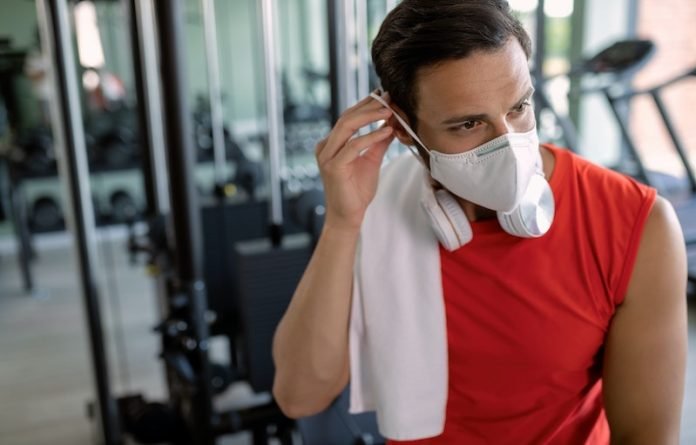
A recent study from Cedars-Sinai confirmed the link between a debilitating heart condition and COVID-19 and, to a lesser extent, a novel link between the same condition and COVID-19 vaccination.
Their findings suggest that a small percentage of patients vaccinated against COVID-19 may develop postural orthostatic tachycardia syndrome or POTS.
The team also found that those diagnosed with COVID-19 are five times more likely to develop the same cardiac condition after infection than after vaccination, emphasizing the importance of the vaccine.
The team says the main message here is that while we see a potential link between COVID-19 vaccination and POTS, preventing COVID-19 through vaccination is still the best way to reduce your risk of developing POTS.
Postural orthostatic tachycardia syndrome is a nervous system-related condition that most commonly affects young women of childbearing age.
The most identifiable POTS symptom is a rapid increase in the heartbeat of more than 30 beats per minute, or a heart rate that exceeds 120 beats per minute, within 10 minutes of standing.
Other symptoms include fainting, dizziness, and fatigue, although some patients with severe disease may also experience migraine, increased urination, sweaty extremities, anxiety, and tremor.
In the study, the team used data from 284,592 vaccinated patients treated within the broader Cedars-Sinai Health System between the years 2020 and 2022, as well as 12,460 Cedars-Sinai patients with COVID-19.
They found that the odds of developing POTS are higher 90 days after vaccine exposure than 90 days prior to exposure.
They also found that the relative odds of POTS were higher than would be explained by increases in visits to physicians after vaccination or infection.
The team emphasizes that despite this finding, the rates of POTS after vaccination were much lower than rates of new POTS diagnosis after COVID-19.
While the study sheds important light on vaccinations and POTS, researchers say it has its limitations. The hope, however, is this new knowledge will help improve conversations around COVID-19 and vaccines.
The study was conducted by Alan C. Kwan et al and published in Nature Cardiovascular Research.
If you care about COVID, please read studies about how vitamin B may help fight COVID-19, and new therapy from bananas may help treat COVID-19.
For more information about heart health, please see recent studies about amazing benefits of beets for diabetes, blood pressure and nerves, and results showing Vitamin C may help treat heart rhythm problem.
Copyright © 2023 Knowridge Science Report. All rights reserved.



